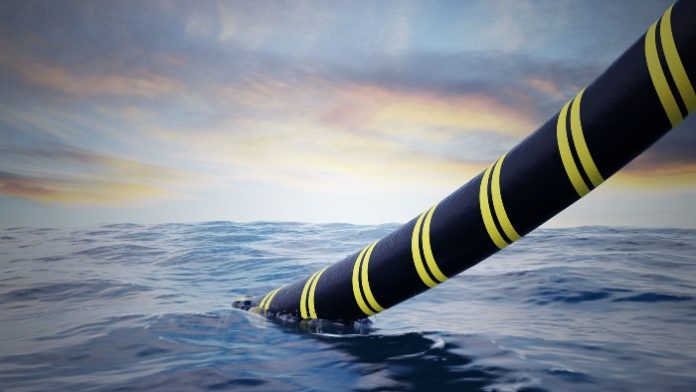Finnish tech giant Nokia has been tapped to provide the core equipment for the Medusa submarine cable—a major new infrastructure project designed to boost digital connectivity between Europe and North Africa. The company announced on Monday that it will supply its 1830 GX platform along with its advanced ICE7 optical technology, which can deliver tens of terabits per second while keeping both latency and energy consumption to a minimum.
Stretching across 8,700 kilometers, the Medusa cable is expected to go live in 2026. Once completed, it will link the Atlantic Ocean, the Mediterranean Sea, and the Red Sea, creating a new ultra-high-speed data corridor across the region. The project is spearheaded by AFR-IX Telecom, a network services company headquartered in Dublin.
With a total cost of €342 million, Medusa is set to have a transformative impact on digital infrastructure in the Maghreb. Countries including Morocco, Tunisia, Algeria, Libya, and Egypt are expected to benefit directly from the new connections. The cable is being developed as an open-access system, giving local telecom operators greater bandwidth options to support everything from 5G rollout and cloud expansion to data-intensive AI applications.
Morocco has emerged as a key stakeholder in the project through two major partnerships. In January 2024, local operator inwi signed an agreement to join the Medusa initiative, with plans to tap into new fiber-optic links from the cable to enhance trans-Mediterranean data traffic. Orange Maroc had already made its move in 2023, investing in infrastructure in Nador, the cable’s Moroccan landing point, to ensure a scalable and secure connection with Southern Europe.
As North Africa’s digital demands surge, Medusa is poised to become a backbone for next-generation connectivity—unlocking new economic opportunities and bringing the region closer to Europe’s digital ecosystem.
